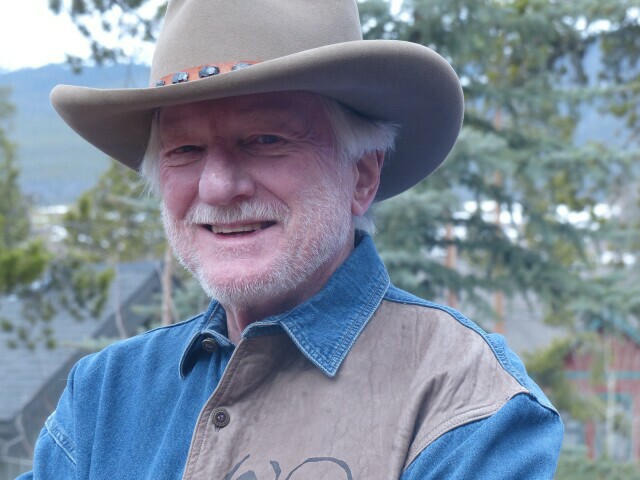Will Wheeler Get the Votes for STB Changes?

Last week I noted: “Rumors abound that the FCC will back off its set-top box crusade to something resembling the industry suggestions. Good move. Someone actually paid attention to the copyright implications.” Well, not quite. Just a big “sort of.” Yes, the Federal Confusion Commission did more or less endorse the Cable/Video/Internet infrastructure and programming companies’ app-based plan to crack open the box in an already commercially proven model (sort a first safe-cracker attempt to not quite unlock) … but with interesting caveats. And a vote has been set for the Open Meeting on September 29. Lobbyists, rev up your engines!
Here’s the latest layout:
First, FCC Chairman Tom Wheeler dumped the sort-of endorsement late on a Friday for first-read by fellow commissioners and the rest of us.
Second, he’s sure to get at least two negative votes … this time with more reason than simple reflex.
Third, copyright got noticed all right, but with significant moves into a brand new copyright licensing protocol (!).
Fourth, the apps -- for any and all devices -- are to be provided to subscribers at no charge by the MVPD (not, interestingly, by the programmers). If this seems a convoluted way to pretend to honor the extant copyright deals … well, yep.
Fifth, objections from programmers have not abated … they’re ramping up even more (every acronym group from industry is opposed; every “public interest” acronym is for it bashing away at Comcast with glee).
And sixth, the proposal mandates a search engine (think, I suppose, Google) provided by the MVPD that allows a subscriber to search every (!!!) program packager/provider (well, using iOS or Android with five million deployments or more) for programs and access (presumably times, too).
Complicated enough? Just think. New, mandated universal licensing for the new boxes and “un-boxes.” A new, mandated copyright tribunal to make everything copacetic. And just two years to get it done … but not everybody has to comply in that time frame … so, no universality of applications. Oh, and some sort of new attempt at a rural access regime … not right away of course.
The proposed deal also involves what in effect is a new federally mandated technology regime. As you can imagine, some are complaining, some are whining and some are wondering where on earth Wheeler found the right to do what he proposes under the FCC’s purview.
As Multichannel News’ John Eggerton first reported, software and app developers are already questioning the FCC’s right to create regulations for developments in the navigation device market.
More court cases coming?
My question is, what do all of these new mandates actually accomplish? That is, besides new expenses, new rules and inherent confusion? Hasn’t Wheeler noticed that a lot of what he says he wants is already happening -- without new rules and regulations and tribunals?
The September 29 question of the next couple weeks is Democratic Commissioner Jessica Rosenworcel and her hard-to-discern intentions. She is keeping her own counsel for now.
It’s almost as interesting and entertaining as the ongoing Presidential brouhaha.
Random Notes
Meanwhile, one-time Presidential candidate Senator Ted Cruz is on a tear to stop the movement of international Internet regulation from going truly international. He’s going to be inserting language to one or another must-pass bill (to keep the country, er, government, open) to stop the so-called ICANN transition to an international consortium. Oddly, he might be right about this. Doesn’t look like the transition has been fully thought through.
Thanks to Samsung and exploding batteries, all the progress we’ve made allowing the use of devices on airplanes might be coming into question. Darn … no more constant contact at 30k feet!
The wireless industry is proving that competition can lower prices, develop innovative packages and broaden data deals as four carriers vie for subscribers. Ever since John Legere declared T-Mobile the “uncarrier,” the top four carriers have created a different future. While Verizon, according to Business Insider, still dominates, T-Mobile has driven itself past AT&T into second place while Sprint, still in fourth, is growing faster than before. Don’t hold your breath, though, for four competing FTTH providers. And don’t discount a merger in wireless and an eventual three-pronged oligarchy.
Which is why a column in The Week by Ryan Cooper proposes the Federal government either nationalize the Internet or build a competitor … at first in rural areas where it costs more because of lack of scale (duh). Surprisingly, he doesn’t ask if there isn’t a Theodore Vail somewhere in the US again.
And the Canadian a la carte experiment is a confusing mess.
The opinions and points of view expressed in this commentary are exclusively the views of the author and do not necessarily represent the views of MediaVillage.com/MyersBizNet management or associated bloggers.


